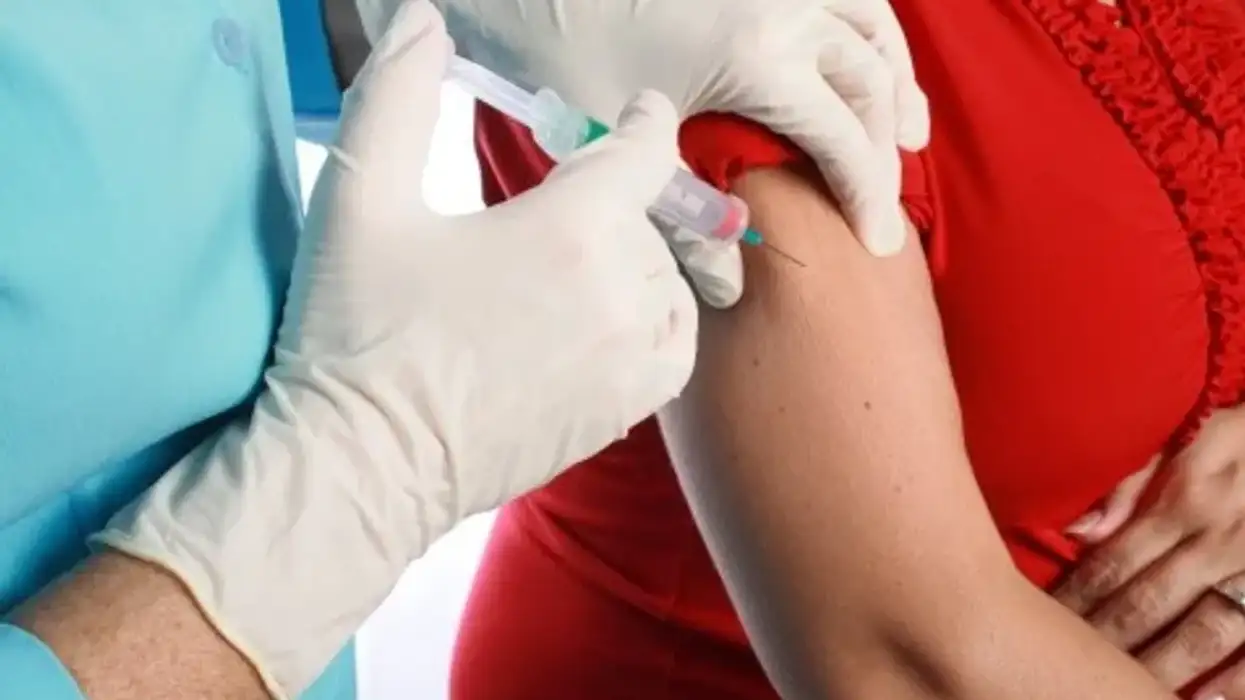The General Pharmaceutical Council's Fitness-to-Practise (FtP) committee has reversed its earlier decision ruling that a London pharmacist's statement, attributing the Grenfell tragedy to "Zionist supporters of the Tory party," amounted to the propagation of anti-Semitic tropes.
In an initial 2020 hearing, the FtP committee found that a set of remarks delivered by Nazim Hussain Ali, Managing Partner of Chelsea Pharmacy Medical Clinic, through a megaphone to a crowd assembled at a Palestinian rights rally in central London in 2017 were deemed "grossly offensive," but not classified as anti-Semitic.
Ali admitted his comments were offensive, but he was cleared of accusations of antisemitism and received a first warning on November 5, 2020.
However, the High Court overturned this decision in June 2021 following an appeal by the Professional Standards Authority as the Judge found evidence of a "serious procedural or other irregularity" in the FtP committee's decision and instructed the GPhC to reopen the case.
Later, the GPhC concluded that the Grenfell events were not linked to Zionism, which involves the development and protection of the State of Israel. Therefore, using the term Zionism in this context would be perceived by a 'reasonable person' as an instance of the anti-Semitic trope.
In a recent hearing from August 29-31, FtP committee determined that two of Ali's statements, out of four submitted for consideration, were indeed anti-Semitic.
- “Any Zionist, any Jew coming into your centre supporting Israel, any Jew coming into your centre who is a Zionist. Any Jew coming into your centre who is a member for the Board of Deputies, is not a Rabbi, he’s an imposter.”
- “They are responsible for the murder of the people in Grenfell. The Zionist supporters of the Tory Party.”
The committee found that Ali's remarks constituted "serious misconduct" and a violation of a fundamental professional principle, which dictates that pharmacists must consistently exhibit appropriate behaviour.
'Adhere to pharmacy profession standards'
In the repeat hearing, Ali received a formal warning, with no additional conditions on his license -- a parallel outcome to the initial 2020 FtP hearing. Taking into account factors including the spontaneous nature of his remarks, the committee deemed a suspension order to be disproportionate.
“The registrant, for all the reasons set out in the Committee’s decision, is hereby given a Warning that his future behaviour and comments that he makes must at all times avoid undermining the reputation of the profession, or the reputation of the regulator and must uphold the required standards of the pharmacy profession,” the FtP warning reads.
“He is reminded in particular that ‘behaving professionally is not limited to the working day, or face to face interactions. The privilege of being a pharmacist and the importance of maintaining confidence in the profession calls for appropriate behaviour at all time,” it added.
However, the Board of Deputies of British Jews strongly condemned the decision, with Amanda Bowman, one of its vice presidents, expressing 'deep concern' about the outcome.
“The Board of Deputies is steadfast in its work to combat hate speech and antisemitism in all parts of society including in the pharmaceutical profession,” Bowman said in a statement. “We believe that this case raises important questions about the standards and values upheld by the GPhC and its Fitness to Practise Committee.”











